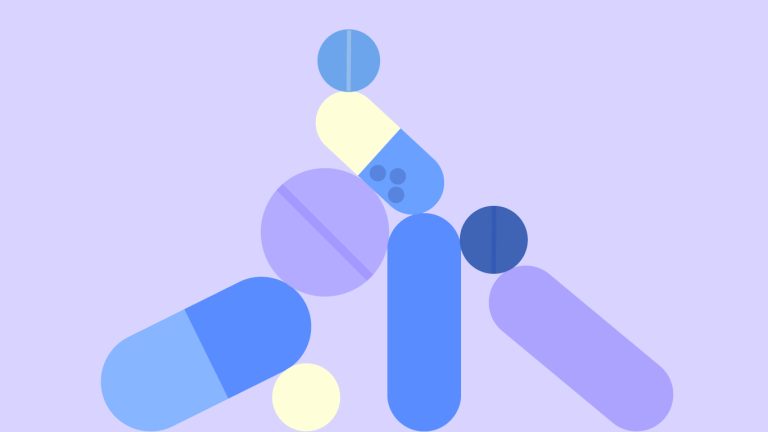
Jack Magargee
Staff Writer
Whether you suffer from anxiety, depression, or another disorder or you know someone who suffers from them, it is undeniable that mental health disorders have become commonplace for Americans and people around the world. But within this created commonplace, more and more patients have been prescribed antidepressants without knowledge of the many side effects. Specifically, Selective Serotonin Reuptake Inhibitors (SSRIs), a popular antidepressant category, have many side effects that are not made clear to those seeking medication, particularly how they can impact people in their romantic relationships and sex lives. With their popularity and high rates of prescriptions, there must be far better communication between doctors and patients about these possible effects.
Depression in particular is affecting Americans at high rates, with nearly 8.4 percent of people experiencing at least one depressive episode in their life. Additionally, tens of millions of Americans report they experience general anxiety disorder, panic disorder, or depression. For college students especially, mental health struggles can be crippling. This particular impact on college students can be shown with reports that 17 percent of people aged 17-25 have experienced a form of depression, starkly higher than other age groups.

While psychological and mental health services are most commonly sought out for support, therapists are often over-booked, out of financial reach, or not covered by insurance. In the UC Santa Barbara (UCSB) community for example, mental health disorder rates are so frequent that UCSB’s counseling services or therapy services in the Santa Barbara area are booked out for weeks or even months. With these psychological and mental health services dwindling in availability or increasing in price, more commonly, depression and anxiety are being treated with drugs such as Zoloft, Paxil, Lexapro, and Prozac, which all fall under the umbrella of SSRIs.
SSRIs treat depression by inhibiting the breaking down and reuptake of serotonin by the body, leaving more serotonin available to fight depression and anxiety. However, recently researchers have found that 70 percent of people taking SSRIs suffer from sexual side effects, including decreased libido, erectile dysfunction, and decreased ability to orgasm. A study conducted at Syracuse University found that SSRIs have serious consequences on people’s sex drive and jeopardize the ability to fall in love and maintain serious romantic relationships.
While SSRIs work to boost serotonin levels in the body, they also curb the production of dopamine which is responsible for our ability to feel and express love. Unfortunately, while antidepressants under the umbrella of SSRIs help people with depression and anxiety, they also dampen people’s natural sexual drive and capacity to express love. While 35-50 percent of people suffering from depression experience some type of sexual dysfunction prior to taking antidepressants, SSRIs increase the total number of people who experience sexual dysfunction and the types of side effects.
Considering how common it is for people to be prescribed these antidepressants, particularly amongst a college-aged demographic, not knowing the full story of how they affect users is concerning. Being in this demographic, I understand how these drugs can impact the everyday lives of people as they navigate the ever-changing world around them. Ages 17-25 are defining years in life as we learn to live independently, meet new people, and navigate new social circles. That is why it becomes so important to be knowledgeable about how these drugs can impact this personal life navigation.
Frequently, people taking prescribed antidepressants are not warned about the adverse effects on sex and love, critical to notice since depression and anxiety can stem from romantic and sexual issues. The extensive research conducted by scientists and doctors doesn’t suggest that those who take antidepressants end or refuse treatments. However, many in these fields implore people considering antidepressants to talk with their doctor about the risks associated with certain antidepressants.
The correlation between SSRIs and love, combined with the growing rates of people suffering from mental health disorders who are prescribed SSRIs, could culminate in millions of young adults unable to connect with partners on a romantic or sexual level. The emotional and psychological toll of sexual dysfunction, or the inability to love, could also have longer-lasting effects than what is initially treated for by antidepressants. Thus, patient education and expanded access to mental health services across the country are crucial as rates of mental health disorders increase year after year.
Understanding how different antidepressants affect us is important not only for mental health but physical health as well. Acknowledging the benefits and risks should be the top priority for doctors and their patients. People who take or are considering taking antidepressants should seek out the full story, the good and the bad, to understand how it will affect them.










